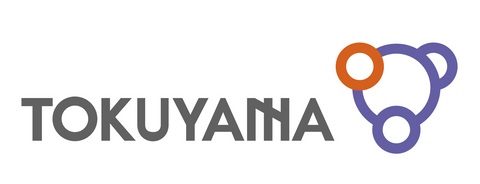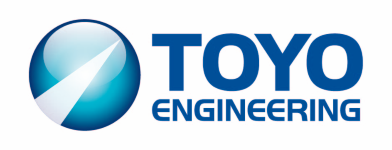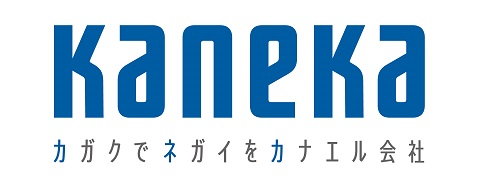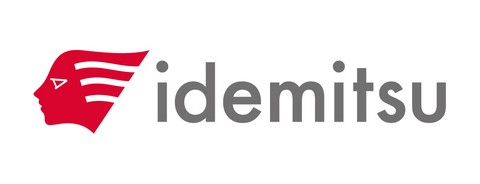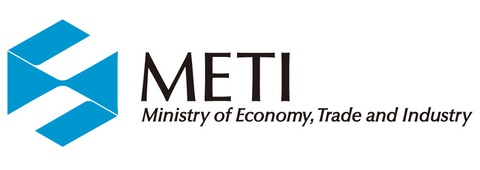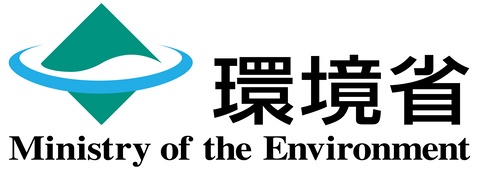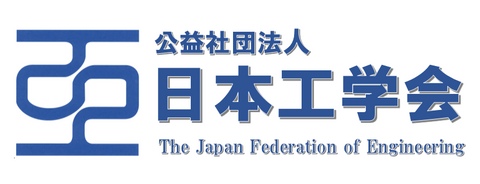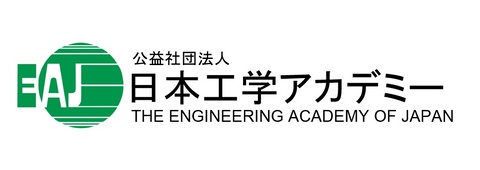Special Symposium
Top > Program > Special Symposium
Special Symposium (SP-1 to SP-4)
| SP-1 | Action Plan 2050 Toward Carbon Neutrality Based on Chemical Engineering [hybrid] |
-
Mar. 17 (Sun) 13:00-17:10 Hall A (Program)
| Organizers |
|---|
| KANSHA Yasuki | (UTokyo) | |
| KUBOTA Nobuhiko | (IHI) | |
| KOYAMA Michihisa | (Shinshu Univ.) | |
| TSUJI Yoshiko | (UTokyo) | |
| NAKAGAKI Takao | (Waseda Univ.) | |
| FUKUSHIMA Yasuhiro | (Tohoku Univ.) | |
| FUJII Minoru | (Nat. Inst. for Environmental Studies) | |
| YAMADA Hidetaka | (Kanazawa Univ.) | |
It is necessary to design the future society, envision the necessary processes, and seek the appropriate elemental technologies to achieve carbon neutrality. The Society of Chemical Engineers, Japan (SCEJ) is working to develop and deepen specific case studies, technologies, and academic systems by strengthening cooperation with local industries and communities.
Following symposiums held at every annual meeting and fall meeting since March 2020, we will hold a symposium with invited lectures, requested lectures, and a panel discussion on energy and environmental innovation and its social implementation in the afternoon on March 17, the day before the 89th Annual Meeting. In this symposium, we would like to discuss the concept of grand design considering regional characteristics, keeping in mind Japan's position in the promotion of carbon neutrality.
Interactive comments on each lecture will be available during the symposium through GOING VIRTUAL. The symposium will be open to the public with free of charge to all participants, and we hope that many of you will join us in discussing the future society that chemical engineering will innovate, and that these activities will contribute to the promotion of interdisciplinary research and academic development of the society.
Registration is FREE for audiences attending only for the public sessions (SP-1 and HC-11) as an audience (not as a speaker). See
Details
- Program
-
- Opening remarks
- [Invited lecture] Consideration of CO2 management in Japan towards carbon neutrality
- (Mitsubishi Research Institute) MARUI Michiya
- [Requested talk] Application of Biomass Resources for Intensifying Agriculture and Forestry
- (UTokyo) KIKUCHI Yasunori, KANEMATSU Yuichiro, OHARA Satoshi
- [Invited lecture] Approaches to Carbon Neutrality from the Perspective of the Waste Management and Resource Recycling Sector
- (Waseda Univ.) ONODA Hiroshi
- Panel discussion
- Facilitator: (UTokyo) FUKUSHIMA Yasuhiro
Panelists: Speakers and
(Shinshu U.) KOYAMA Michihisa
- Closing remark
| SP-3 | Perspectives of Startups based in Chemical Engineering [hybrid] |
-
Mar. 19 (Tue) 13:00-17:00 Hall T (Program)
| Organizers |
|---|
| NISHIYAMA Norikazu | (Osaka Univ.) |
| TOKORO Chiharu | (Waseda Univ./Univ. of Tokyo) |
| SHIBASAKI-KITAKAWA Naomi | (Tohoku Univ.) |
| GOTO Masahiro | (Kyushu Univ.) |
| MATSUDA Keigo | (Nagoya Univ./Ternary Systems) |
| KOYAMA Michihisa | (X-Scientia/Verne Crystal/
Materials Innovation Tsukuba/Shinshu Univ.) |
Expectations for startups are increasing as a key drivers for sustainable economic growth. The Japan's government has positioned 2022 as the "startup year for creating startups," and has announced a 5-year plan by the end of the year to increase the number of startups that are key to innovation by 10 times over the next five years.
Under these circumstances, expectations are rising not only for tech startups that utilize IT technology, but also for deep tech startups that solve deep-seated social issues with cutting-edge technology. A typical tech-startup aims for a few months development cycle, a market launch in a few years, and an IPO or M&A exit in about five years. On the other hand, deep tech startups face difficulties such as a long period of time to bring products to market, the capital required for development is more than an order of magnitude larger, mismatch between R&D personnel and management personnel, miscommunication between R&D personnel and investors, etc.
We organized this symposium to discuss the possibility of creating startups and changing society from the standpoint of the Society of Chemical Engineers, a place where academia with deep tech seeds gather.
- Program
-
- Opening address
- (Shinshu Univ.) KOYAMA Michihisa
- [Invited lecture] Overseas Expansion and Support Cases in Deep Tech Startups
- (Plug and Play Japan) OKUBO Hayata
- [Invited lecture] Planet Savers Inc. and Challenge toward Direct Air Capture
- (U. Tokyo/Planet Savers) IYOKI Kenta
- [Invited lecture] Battery Innovation with New Carbon Materials
- (Tohoku Univ./3DC) NISHIHARA Hirotomo
- [Invited lecture] Toward the Industrialization of Technology Seeds: Specializing in supporting the launch of university-initiated ventures and the commercialization of research within companies
- (Tohoku Univ./CoA Nexus) OKA Hiroki
- [Invited lecture] TBA
- (EneCoat) HORIUCHI Tamotsu
- [Invited lecture] TBA
- (SPACECOOL) SUEMITSU Masahiro
- Discussion and networking
| SP-4 | Making the Sapporo Declaration in Action toward the Achievement of SDGs - Working toward Efficency and Sufficiency - [hybrid] |
-
Mar. 20 (Wed) 13:00-17:00 Hall S (Program)
| Organizers |
|---|
| YAMAMOTO Mitsuo | (Univ. of Tokyo) |
| HANADA Shiori | (Mitsui Chemicals) |
| AMASAWA Eri | (Univ. of Tokyo) |
| KIMURA Masaharu | (Sumitomo Chemical) |
| OHKANDA Takaharu | (Fuji Electric) |
The Society of Chemical Engineers, Japan presented the Sapporo Declaration titled "Declaration on the United Nations Sustainable Development Goals (SDGs) - Chemical Engineering for Human Well-Being" at APCChE 2019. With the SDGs as our shared vision, our primary objective is for chemical engineers to contribute to the promotion of human well-being through the advancement of chemical engineering and related technologies, in order to change from Efficiency to Sufficiency, from a society that pursues efficiency to a society where people can feel sufficiency.
To realize the Sapporo Declaration, symposia have been held at the Autumn and Annual Meetings on themes related to the declaration, such as "Realization of Circular Economy in Collaboration with Diverse Players," "Contribution of Chemical Engineering to Safe Water," and "Future Chemical Factory with Diversity and Decent Work." And group discussions have been held to deepen discussions with all participants from inside and outside the society. Furthermore, at the 88th Annual Meeting, we reported on the results of the work done by the members of the SDGs Committee under the topic of "Chemical Engineering for a Desired Future Society," and promoted discussions on industry-academia-government collaboration.
At this symposium, along with lectures from experts who are advancing "Efficiency and Sufficiency", we introduced the results of our discussions that have been held by the SDGs Committee to promote "Efficiency and Sufficiency" and to realize the Sapporo Declaration. The objective of this symposium is to further deepen the discussion for accelerating actual efforts to implement the Sapporo Declaration.
- Program
-
- Opening remark
- (Univ. of Tokyo) YAMAMOTO Mitsuo
- [Invited lecture] Goal Setting Approach of SDGs and CN
- (IAE) KUNIYOSHI Hiroshi
- [Invited lecture] MOL's Environmental Vision ~ Passing on Blue Carbon for future generation ~
- (Mitsui O.S.K. Lines) KODA Kazura
- [Requested talk] Initiatives on Efficency and Sufficiency -Demands from Sapporo declaration-
- (Mitsui Chemicals) HANADA Shiori
- Group discussion
- Summary
- Mixer
Organizing Committee of SCEJ 89th Annual Meeting (2024)
Inquiry

 SCEJ 89th Annual Meeting
March 18 (Mon) - 20 (Wed), 2024
Nakamozu Campus, Osaka Metropolitan University
Japanese page
SCEJ 89th Annual Meeting
March 18 (Mon) - 20 (Wed), 2024
Nakamozu Campus, Osaka Metropolitan University
Japanese page

 SCEJ 89th Annual Meeting
March 18 (Mon) - 20 (Wed), 2024
Nakamozu Campus, Osaka Metropolitan University
Japanese page
SCEJ 89th Annual Meeting
March 18 (Mon) - 20 (Wed), 2024
Nakamozu Campus, Osaka Metropolitan University
Japanese page


